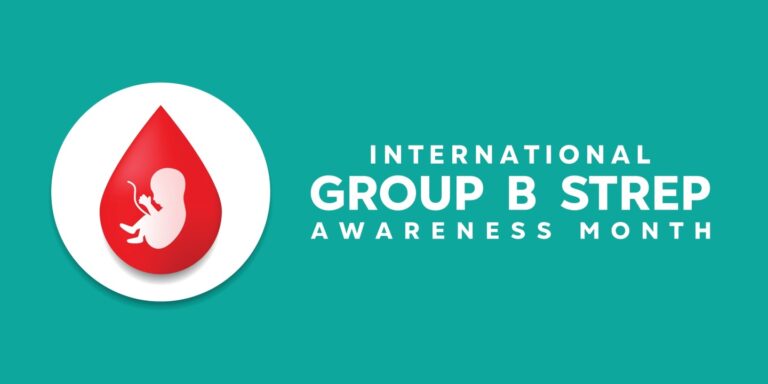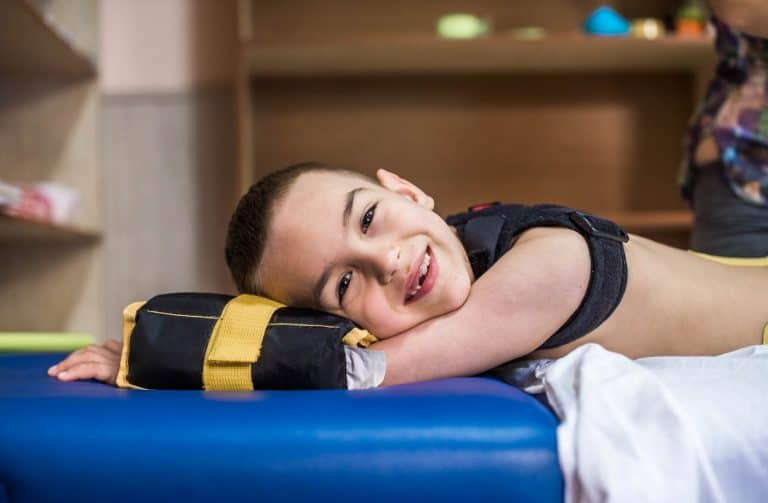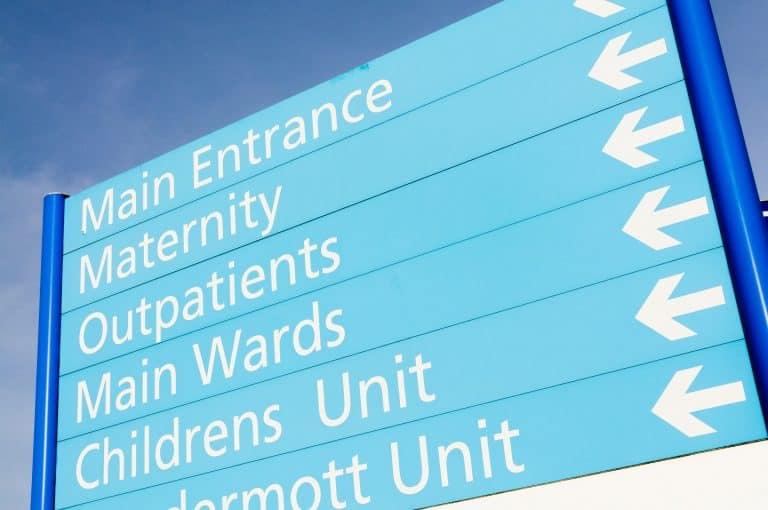
The daily impact of brain injury on executive function
This week is Action for Brain Injury week – a chance for organisations like the Child Brain Injury Trust (CBIT) and Headway to raise awareness of how brain injuries affect people and their families.
Every brain injury is different. Some effects are easy to spot – like slurred speech (dysarthria) or needing help to walk. But often, the impact of a brain injury is hidden. One of the most common “invisible” effects is to someone’s executive function – the brain’s way of helping us manage everyday tasks.
When someone’s executive function is affected, they might struggle with things like:
- Taking in and processing information
- Paying attention or switching focus
- Solving problems
- Remembering things
- Following instructions
- Multitasking
- Organising themselves
- Planning ahead
- Managing their energy
- Prioritising tasks
- Controlling their emotions
- Responding appropriately in social situations
All of these can make daily life much harder. And, if someone isn’t getting the support they need, simple tasks like making a meal, getting ready for school, or following directions can leave them feeling completely exhausted.
In the child brain injury team at Bolt Burdon Kemp many of the children we work with have brain injuries affecting their executive function. The “Day in the Life” story below is fictional but it’s based on the real experiences of many of our clients. It shows how this kind of injury can affect a child’s everyday life – and how the right support can make a huge difference.
A day in the life of “Amina”
It’s Monday morning and Amina wakes up feeling well-rested after a quiet weekend catching up on sleep. She manages to make breakfast and remembers to clean her teeth – which doesn’t always happen, especially when she’s tired later in the week.
At school, she chats with friends she saw at pizza night over the weekend. In the past, she’s missed out on these events because her homework has taken so long to finish. Her brain injury makes it hard to focus and stay on task. But recently, after an assessment by an assistive technology expert, she started using dictation software to help with homework. Now she gets things done quicker and has more time to relax and see her friends.
Her first lesson is Maths – a subject she normally enjoys. But today they’re learning about equations and Amina can’t keep up. Her brain struggles to hold onto the information and steps she needs to take to solve the problems. She wants to ask for help but worries she’ll appear stupid to her classmates. Fortunately, a teaching assistant is there to support and work through the steps with her.
In the afternoon, it’s PE. Amina has remembered her kit – but panics when she can’t find her trainers. She knows if she’s not got them, she’ll have to sit on the sidelines. Thankfully, they’re at the bottom of her bag. She’s been working with an occupational therapist on improving her organisation, and today it’s paid off.
After school, she walks home with some other students. They’re joking around and Amina joins in – but something she says upsets the others. She doesn’t understand what she’s said wrong. She was just trying to join in.
At home, she decides to make beans on toast. But after going into another room to eat, she smells burning. She forgot to turn off the hob. The pan is ruined, and she feels angry and embarrassed. Her parents have reminded her about this before, and she’s frustrated with herself for forgetting again.
By the end of the day, Amina is completely worn out. She’s still upset about what happened with her friends and doesn’t know how to fix it. She feels herself getting anxious but as her emotions start to bubble up, she remembers she has an appointment with her psychologist soon and makes a note to talk it through then. She decides to go to the gym to let off steam. After some time exercising, she feels a lot calmer and heads home.
These experiences show how challenging a brain injury can make everyday life – but also how the right support can help.
At BBK, our specialist child brain injury solicitors know with professional input and the right tools, children with brain injuries can flourish. Support might come from support workers, therapists, psychologists, rehabilitation assistants, personal trainers, teaching assistants, tutors, mentors and more. There will always be tough days – but with the right help everyday life can become easier, with plenty of good days too.
If you’d like to know more about how we support children with brain injuries and their families, please do get in touch. We’re here to help.









